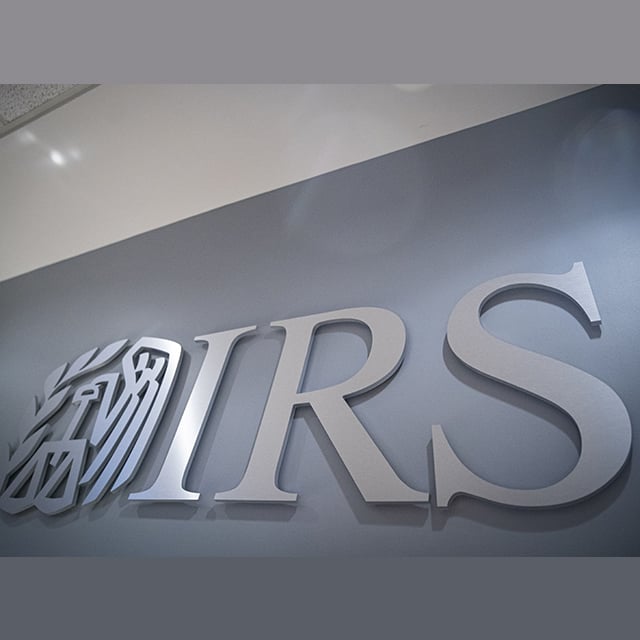IRS Launches New Crackdown on Wealthy Tax Cheats

What You Need to Know
With Inflation Reduction Act funds, the IRS is shifting its attention to the wealthy, partnerships and other high earners.
Years of underfunding have led to record-low audit rates of wealthy filers, the IRS commissioner says.
IRS will intensify work on taxpayers with total income above $1 million that have more than $250,000 in tax debt.
The Internal Revenue Service announced Friday that it is shifting its attention to wealthy taxpayers, partnerships and other high earners “that have seen sharp drops in audit rates” during the past decade.
The new compliance initiative, funded by the Inflation Reduction Act, “will be driven with the help of improved technology as well as Artificial Intelligence that will help IRS compliance teams better detect tax cheating, identify emerging compliance threats and improve case selection tools to avoid burdening taxpayers with needless ‘no-change’ audits,” the agency explained Friday.
As part of the effort, the IRS said that it “will also ensure audit rates do not increase for those earning less than $400,000 a year” as well as add “new fairness safeguards for those claiming the Earned Income Tax Credit.”
The effort “makes good on the promise of the Inflation Reduction Act to ensure the IRS holds our wealthiest filers accountable to pay the full amount of what they owe,” said IRS Commissioner Danny Werfel in a statement.
“The years of underfunding that predated the Inflation Reduction Act led to the lowest audit rate of wealthy filers in our history,” Werfel continued. “I am committed to reversing this trend, making sure that new funding will mean more effective compliance efforts on the wealthy, while middle- and low-income filers will continue to see no change in historically low pre-IRA audit rates for years to come.”
Werfel stated that “it’s critical that the agency addresses fundamental gaps in tax compliance that have grown during the last decade,” adding that the agency “will increase our compliance efforts on those posing the greatest risk to our nation’s tax system, whether it’s the wealthy looking to dodge paying their fair share or promoters aggressively peddling abusive schemes.”
The IRS announced a sweeping list of changes, including prioritizing high-income cases.
In the “High Wealth, High Balance Due Taxpayer Field Initiative,” the IRS states, it “will intensify work on taxpayers with total positive income above $1 million that have more than $250,000 in recognized tax debt.”
Building off “earlier successes that collected $38 million from more than 175 high-income earners,” the IRS said it “will have dozens of Revenue Officers focusing on these high-end collection cases in FY 2024.”
The IRS states that it’s working to expand this effort, “contacting about 1,600 taxpayers in this category that owe hundreds of millions of dollars in taxes.”




